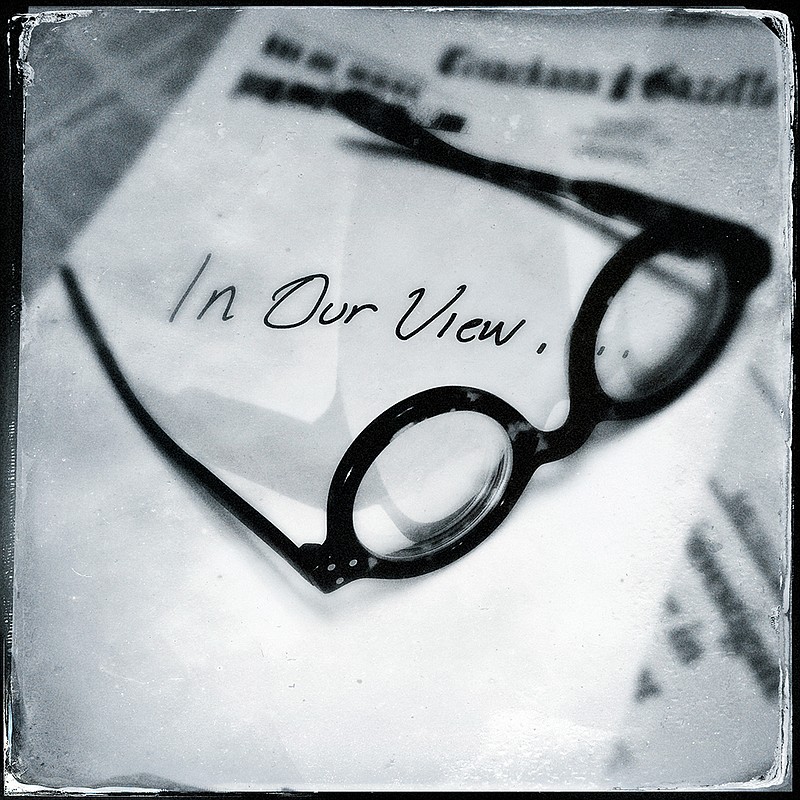Many of our more seasoned subscribers will remember back in the day when soft drink bottles came with a deposit.
The drinks were sold in glass bottles and buyers paid a small sum-a couple of pennies in the early 1960s-to take the drink home. No deposit requried if you gulped it down at the store.
Then you took the bottle back to the store to get your money back. For some young folks collecting Coca-Cola and other soft drink bottles, it became almost like a part-time job-the money financing more soft drinks, candy or even a Saturday morning trip to the movies.
The deposit was a way for franchisees to ensure they got their bottles back for reuse. Since the arrival of cans and plastic containers, those days are long gone around these parts. But elsewhere in the country you might have to pay a deposit as part of an anti-litter campaign.
But now in Seattle, Wash., anyone who wants to enjoy a sweetened drink will be paying a lot more. And a lot of folks aren't happy about it.
As of the first of the year, Seattle consumers must cough up a 1.75-cent-per-ounce tax on drinks such as soda pop, sports and energy drinks and the like that contain added caloric sweeteners. Diet drinks are excluded as are some drinks that include milk as the first ingredient, such a chocolate milk and egg nog and even some fancy coffee drinks, even though the sugar count might be much higher than in regular soft drinks. Alcohol is also excluded.
An example? Costco advertised a 35-pack of Gatorade for $15.99. With the new tax of $10.34 the total price shot up to $26.33. A 36-can carton
of Dr Pepper advertised for $9.99 became $17.55 when the $7.56 tax was added.
The idea is to steer folks away from unhealthy beverages. But the money is attractive, too. The city says the tax will bring in $15 million this year alone. Maybe so. But as Costco's signs reminds customers, all it takes is a trip outside the city limits to avoid the tax. And more and more residents might just opt to spend money on gas to make the journey rather than give it to the city. That's fine for a big retailer like Costco. We wonder how the tax will affect smaller operations?
Let's just hope all we ever have around here is our memories of tiny deposits on glass bottles. Leave the pricey social engineering elsewhere.

